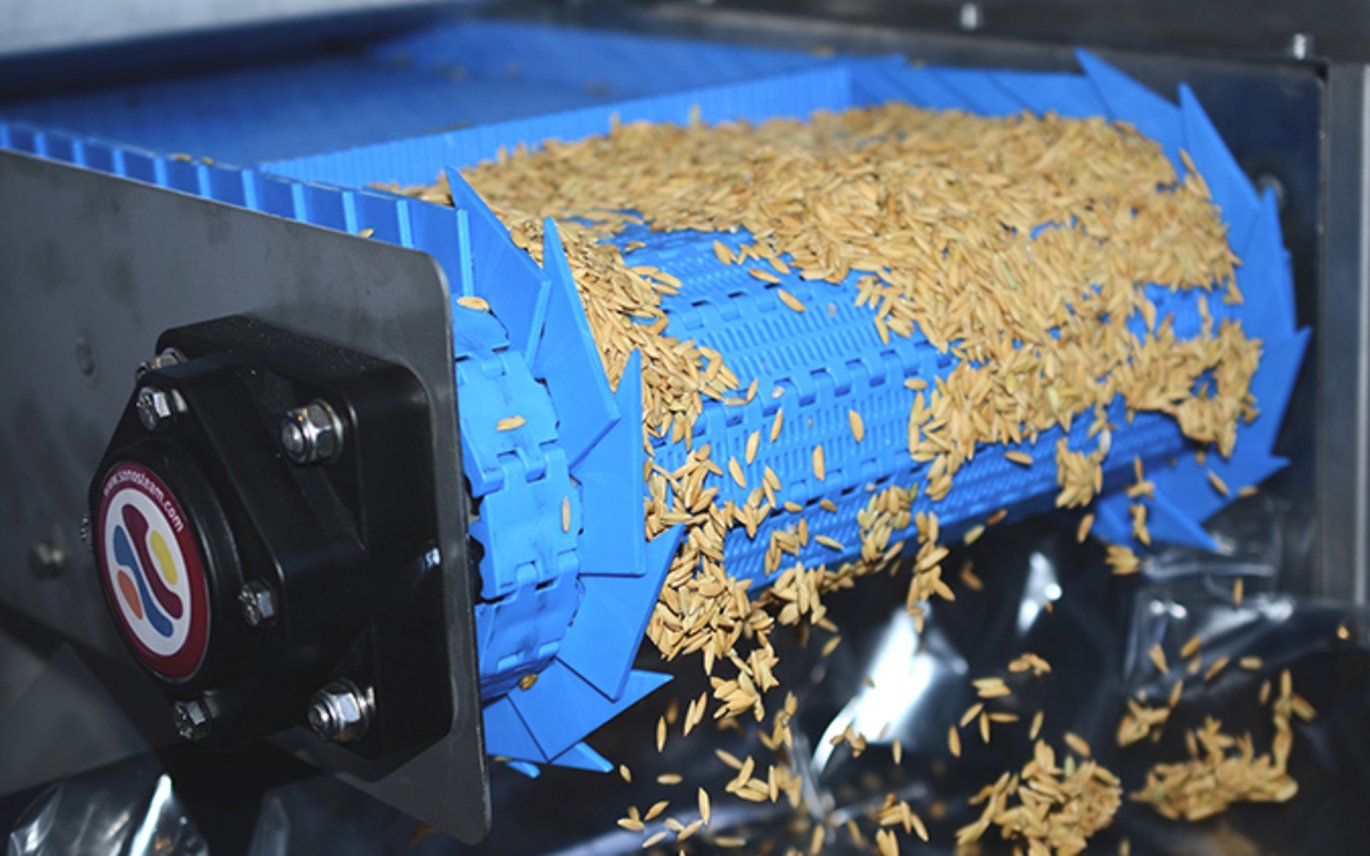Organic seeds must be of high quality
The project “SaaGodt” looks into combating seed-borne diseases and the germination quality of organic seeds. Although hypotheses have been made, it cannot be concluded that organic seed generally has poorer germination capacity, says project manager Anders Borgen.

Crop rotation, which is organic farmers’ most important weapon against diseases, fall short when it comes to seed-borne diseases. Therefore, the SaaGodt project focuses on the diseases, which are spread through the seeds themselves. Project Manager Anders Borgen, Founder and Managing Director of Agrologica, explains:
“In the project, we have worked with various control strategies against seed-borne diseases. Force Technology, which is a project partner, works with SonoSteam, a technology based on a combination of ultrasound and steam, which is, among others, used in the food and pharmaceutical industries for surface sterilization. The project has developed a construction with this technology that can be used for seeds and sowing seeds, and it has, amongst other things, proven effective against Tilletia. Nordic Seed A/S, also a project partner, has equipment that in that uses electron beams to treat the seeds. In the project, we test and compare these treatments with pickling of various medications such as vinegar, saponin and algae extracts such as laminarin, which is known to have antifungal effects. We have previously worked superficially with the substances and methods in the FØJO project ORGSEED but now we have the opportunity to test them in practice and the trials look promising”.
However, Anders Borgen explains that it has been difficult to obtain infected seeds, as the method used by most laboratories today to test ramularis and barley stripe, results in many seeds being tested false positive, i.e. seeds that are classified as sick are not. Therefore, the project ended up only working with Tillietia in wheat as well as rice, which has several seed-borne diseases abroad.
Take good care of your seeds – and use the best quality
The second part of the project is about germination vitality of organic seed breeds. There have been several examples that could indicate that organic seeds have poor germination capacity, a problem that has been known for many years. It is not something that the results of the SaaGodt project can confirm. The tests of the yields have experienced both technical and weather challenges but preliminary results show that a high quality of seeds are central:
In the project, several yield tests of the same variety were made in organic and conventional barley and wheat, which were then tested under both organic and conventional conditions. However, the results have not been clear.
Anders Borgen explains: ”What we can conclude is that one can have seeds that meet the requirements for germination but which at the same time have low germination energy, and the affects the yields. But you cannot say that organic seeds generally have lower germination abilities. It does not germinate poorly because it is organic, it germinates poorly because it has been grown and, especially, stored under conditions that are not optimal. To be a bit frisky, you could say, that it is not the organic seed that is to blame but rather the individual organic farmer. Another aspect is that there is a lot of evidence that organic farming should use high-quality cereals for seeds”.
"So you should not send all the best to the mill", says Anders Borgen and continues:
“It is not enough that it meets the certification requirements, because within that spectrum there can be both good and bad quality, and that has a significant effect. But we cannot conclude that organic seeds generally has poorer germination capacity”.
The SaaGodt project will run until the end of 2021.
Read more about the project here
SaaGodt is part of the Organic RDD 3 program, which is coordinated by ICROFS (International Center for Research in Organic Agriculture and Food Systems). The project has received grants from the Green Development and Demonstration Program (GUDP) under the Ministry of food. Read more about ICROFS at https://icrofs.dk/en/
The article was published in "Økologisk Landbrug" 3. Januar 2020.